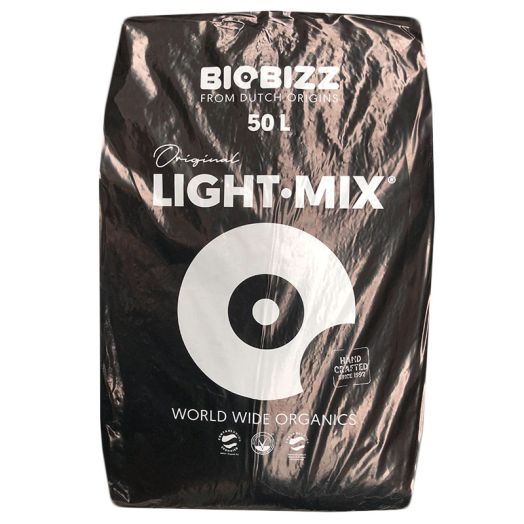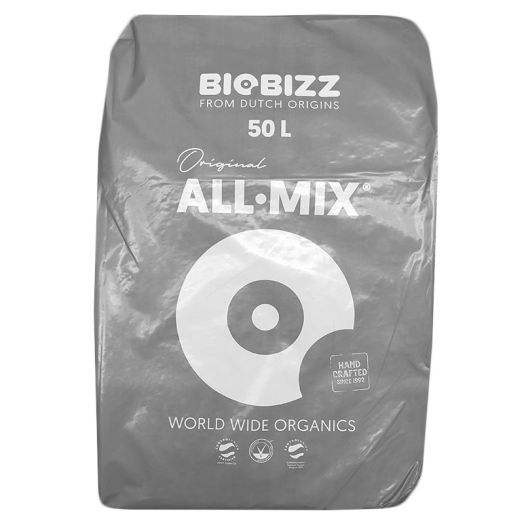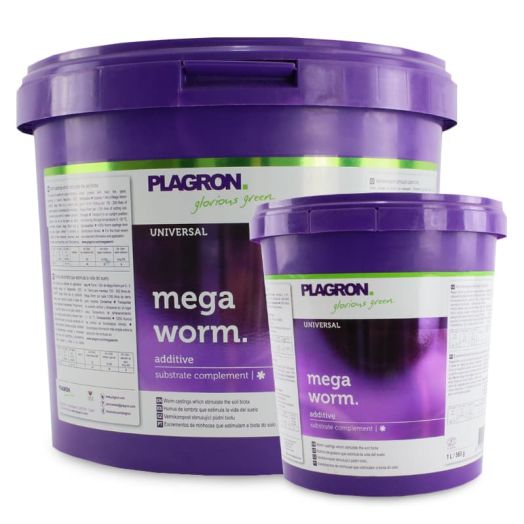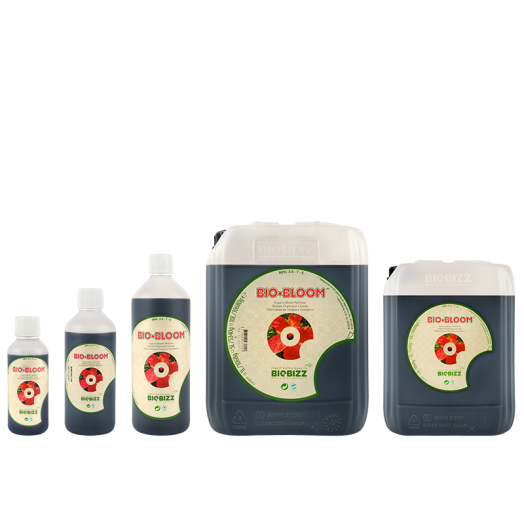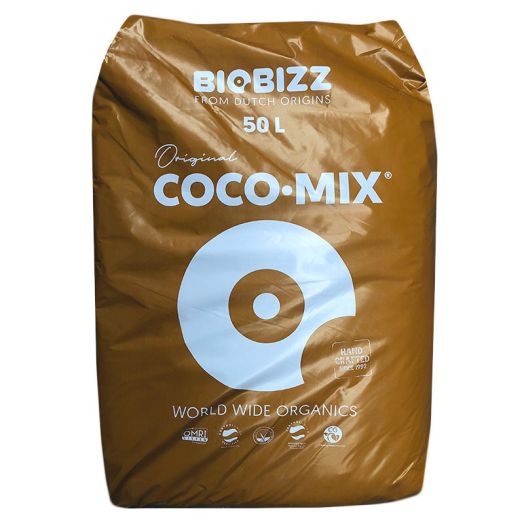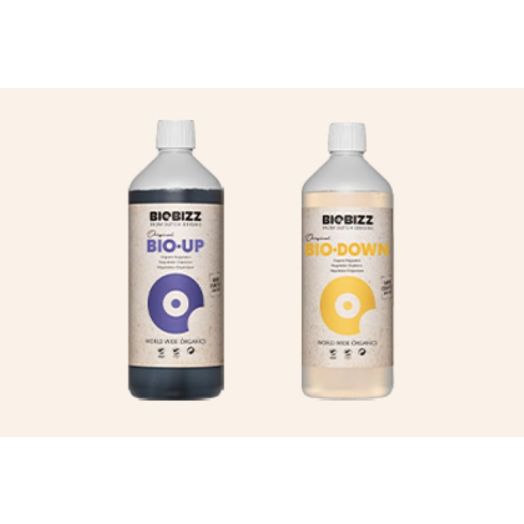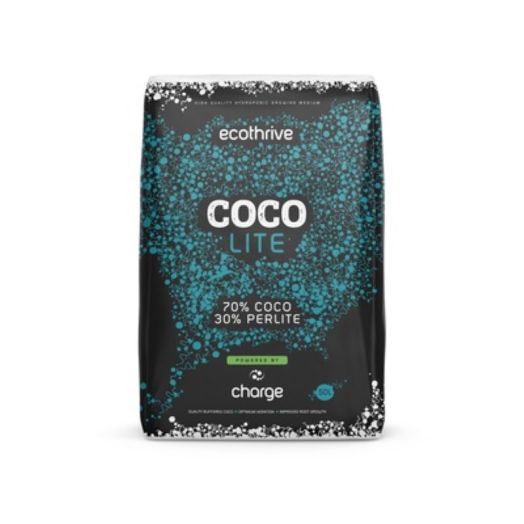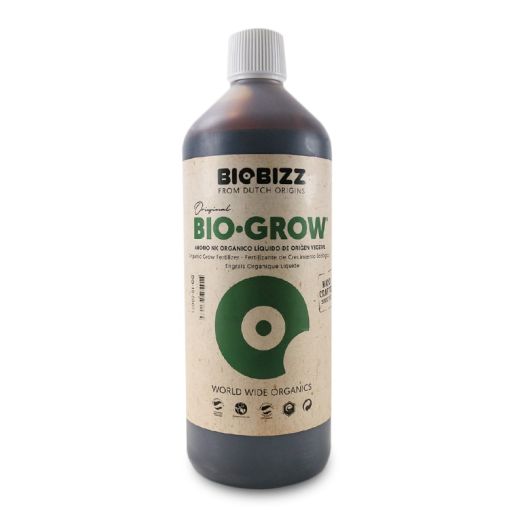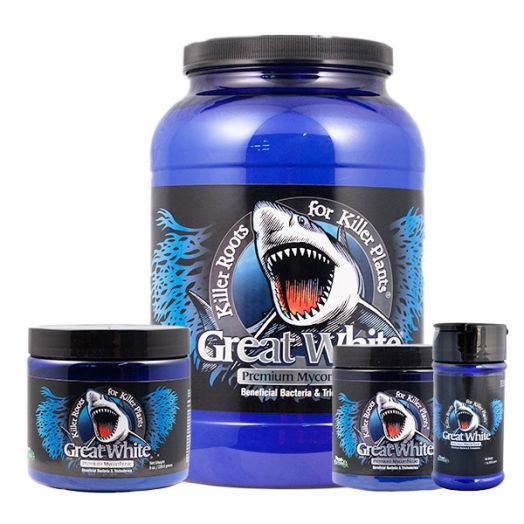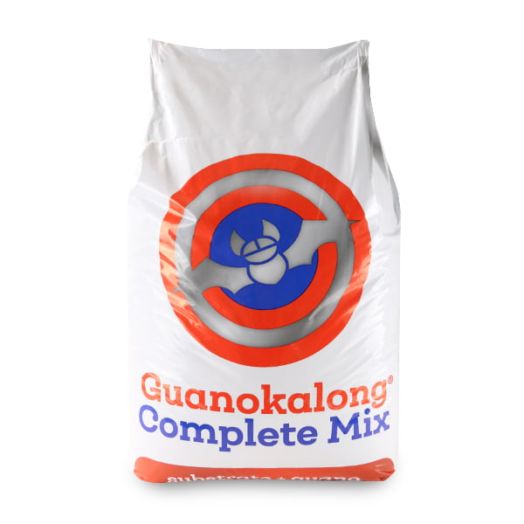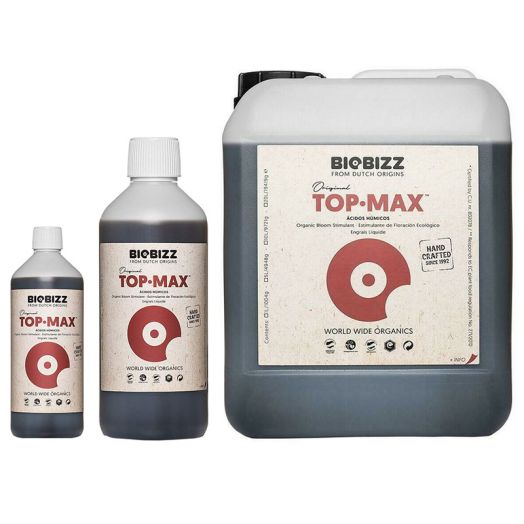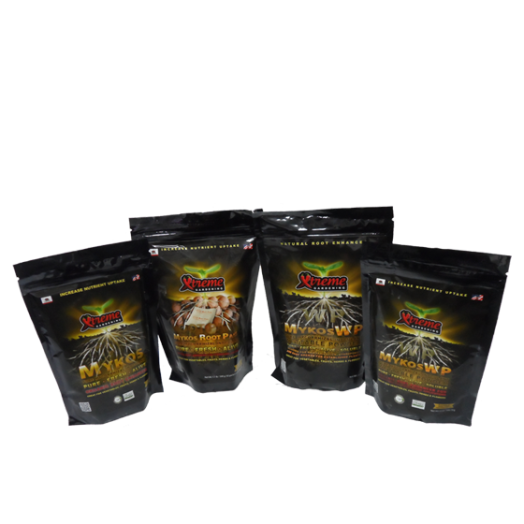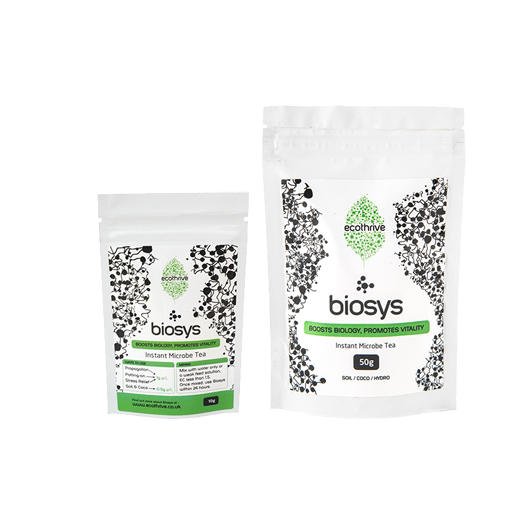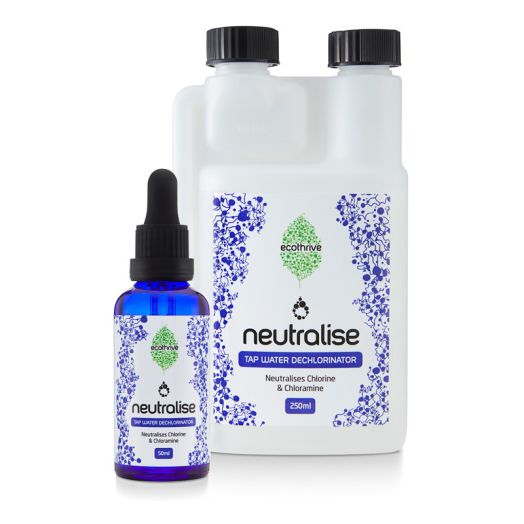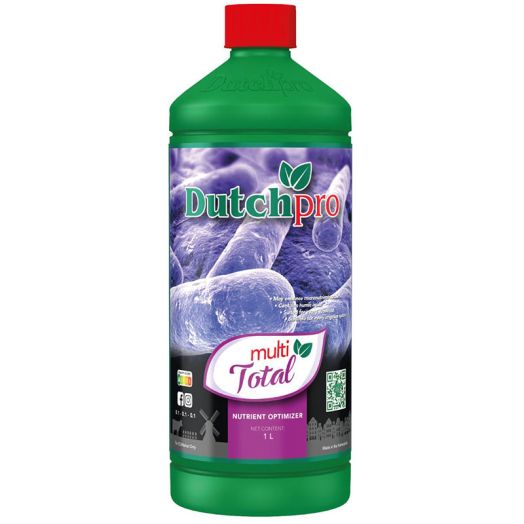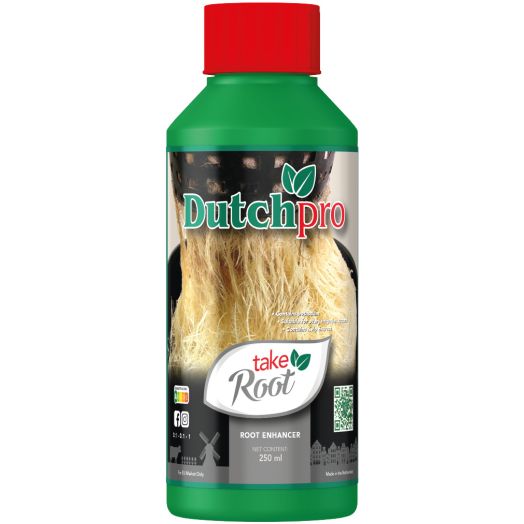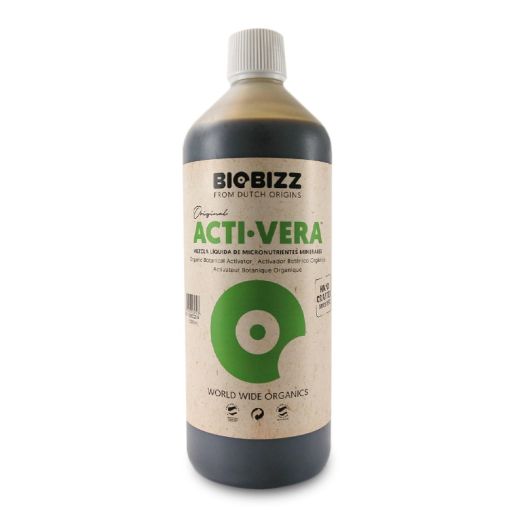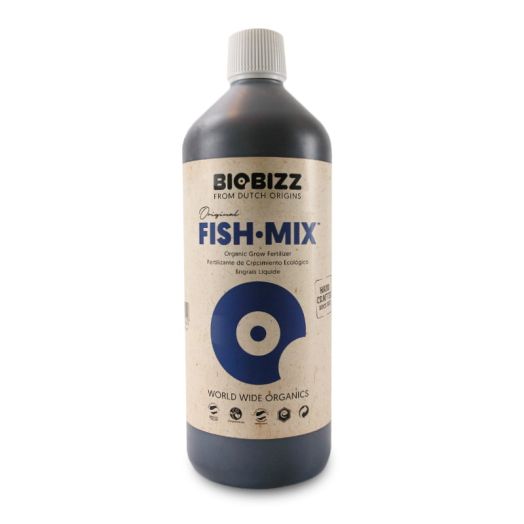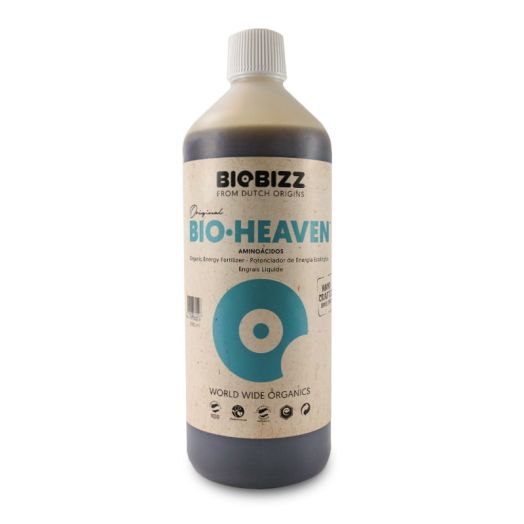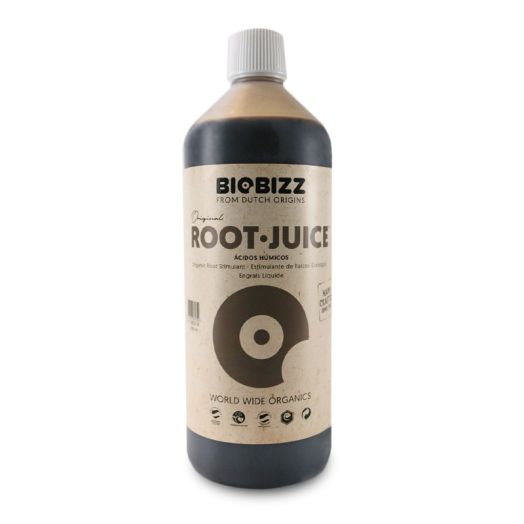Organic Nutrients

Organic farming methods use components derived from natural sources rather than salts and chemicals used in mineral fertilisers. Examples include seaweed, bat guano, Vinasse, vegetable concentrates. These inputs are usually fermented before bottling in order to somewhat process the complex compounds into plant available forms, the nutrition is also further broken down in the root zone by friendly organisms. Many of our customers report aroma and flavours that are impossible using other methods, so organics really let your plant develop to it's full potential. Read the buyers guide below for more info on organic methods of growing plants.
Organic Plant Growth
In Large scale production farms, what is considered organic is a topic of debate - EU rules do not allow for plants grown hydroponically to be marketed as organic, while in the USA, if the inputs used are all organic, the produce from a hydroponic system can be sold as organic. For Personal gardens, the debate doesnt really impact a grower, as long as the nutrients they choose meet their ideologies and work well in the system they intend to use it in, you can bring organic elements to improve the quality produced from every garden.
The products you choose to run in your garden need to suite the method your using. Feeding mineral derived nutrients to beneficial bacteria can cause more harm than good! Pure organic techniques feed the microherd (Beneficial organisms living around the root zone), which process the complex compounds into simple, plant uptakable forms. In a similar way to your gut's flora and fauna, the more diverse the range of microorganisms living in your soil leads to a stronger, more robust root zone, thats capable of faster nutrient cycling.
Substrates often come sterilised, so it's essential to add your beneficial organisms so they can colonise your root zone
Organic nutrient benefits:
- Really hard to over fertilize
- Reduced chances of toxic salt build up
- Easy to produce high quality in terms of aroma and flavours
- Free from Heavy metal contaminents
- Less chance of bad organisms living on roots.
Soil based Organics
Hand-watered soil based organics is the most simple form of an organic garden. Ranges like Biobizz and ecothrive can be used alongside eachother with great results.
Hydroponic based Organics
While not considered as organic in the EU, Some companies like Hydrotops have produced a range that uses a 'bioponic' method to grow plants, using naturally derived inputs in hydroponic techniques gives the benefits of organics whilst allowing improved growth rates of a hydroponic system.
Aquaculture
Aquaculture uses fish to provide the nutrition to plant's roots. Fish waste contains the elements to support plant growth (NPK) so is also an organic method.
Mineral based nutrients with Organic components
An increasing number of nutrient manufacturers (Mills, Emerald Harvest) use a mineral fertilizer that has been enhanced with organic components, so you get the best of both worlds.

